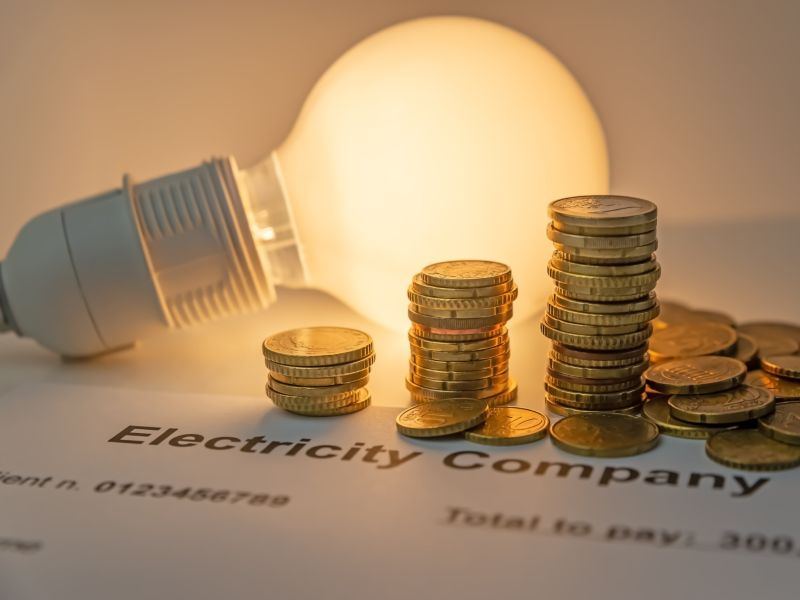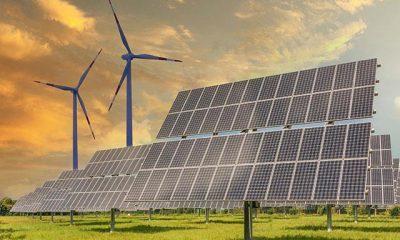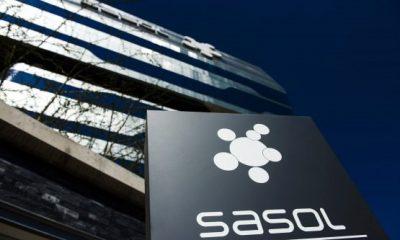411
Eskom and Transnet: State-Owned Giants Grapple with Financial and Operational Challenges

South Africa’s state-owned enterprises, Eskom and Transnet, remain embroiled in financial and operational challenges despite signs of marginal improvement in some areas. These struggles underscore the urgent need for structural reforms and infrastructure investments to secure the country’s economic future.
Eskom: Load Shedding, Losses, and Tariff Hikes
Eskom’s financial results for FY2023/24 paint a bleak picture, with the power utility reporting a pre-tax loss of R25.5 billion, even after receiving a R76 billion government bailout.
- Load Shedding Impact: Frequent load shedding, often escalating to Stage 6, heavily affected Eskom’s performance during the fiscal year.
- Municipal Debt: Municipalities owed Eskom R74.4 billion in arrears as of March 2024, adding to its financial woes.
- Hope for Profitability: Unaudited results for FY2024/25’s first six months show improvement, with no load shedding and reduced diesel usage, potentially leading to a profit for the year.
However, Eskom’s ability to achieve profitability hinges on reaching an energy availability factor (EAF) of 70% by March 2025, a significant leap from its current 62%.
Tariff Increases:
Eskom has proposed steep price hikes through 2027, which could see tariffs climb by 66%, including:
- 36.15% on April 1, 2025
- 11.91% on April 1, 2026
- 9.1% on April 1, 2027
Structural Challenges:
Eskom CEO Dan Marokane warned that without adequate tariffs, the utility would continue to rely on government bailouts beyond 2026. Claire Bisseker, an economist at the Bureau for Economic Research, emphasized the need for deepened reforms in the energy sector to achieve sustainability.
Transnet: Struggling Ports and Rail Networks
Transnet, another state-owned entity, is grappling with operational and financial challenges that hinder its ability to support South Africa’s economic recovery.
- Financial Losses: Interim financial results for 2024 show a R2.16 billion loss, larger than the R1.6 billion loss in 2023.
- Port Challenges: Container volumes declined due to weak demand, adverse weather, and equipment shortages. Efforts to secure private operators for Durban’s Pier 2 Container Terminal have been stalled in legal battles.
- Rail Freight Volumes: While rail freight volumes increased from 75.6 Mt in 2023 to 78 Mt in 2024, Transnet remains far from its annual target of 170 Mt for 2024/25.
Recovery Goals:
Transnet aims to recover rail volumes to 226 Mt by 2026, restoring performance to 2019 levels. Failure to meet this goal could threaten jobs along the supply chain and exacerbate South Africa’s economic woes.
Reforms and Investments Are Critical
Both Eskom and Transnet illustrate the precarious state of South Africa’s critical infrastructure. Eskom’s reliance on bailouts and tariff increases, coupled with Transnet’s operational struggles, highlights the need for urgent reforms and fresh investments.
Key Takeaways:
- Deep structural reforms in the energy sector are essential for Eskom’s sustainability.
- Transnet requires significant investment in port and rail infrastructure to meet recovery targets.
As South Africa’s economy hinges on the performance of these state-owned giants, bold policy decisions and efficient execution will be key to securing a sustainable future.
Follow Joburg ETC on Facebook, Twitter , TikTok and Instagram
For more News in Johannesburg, visit joburgetc.com



















